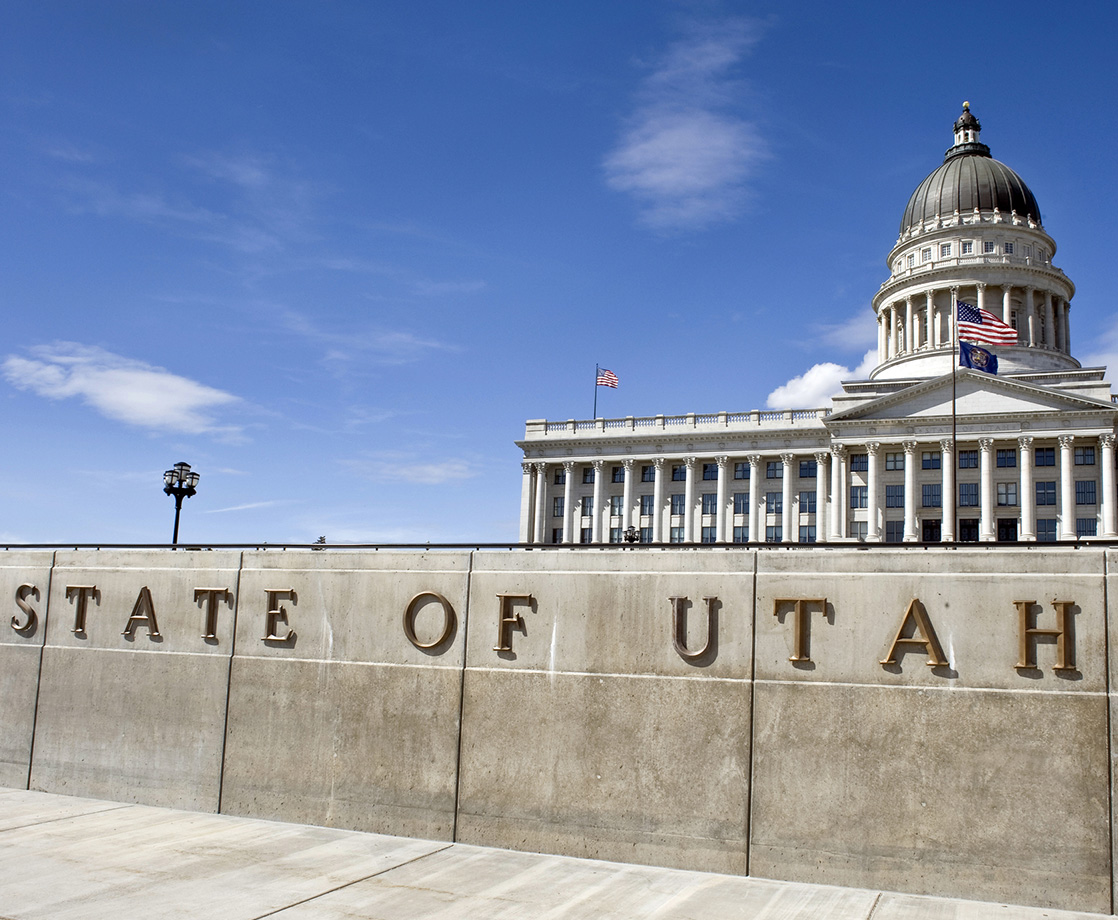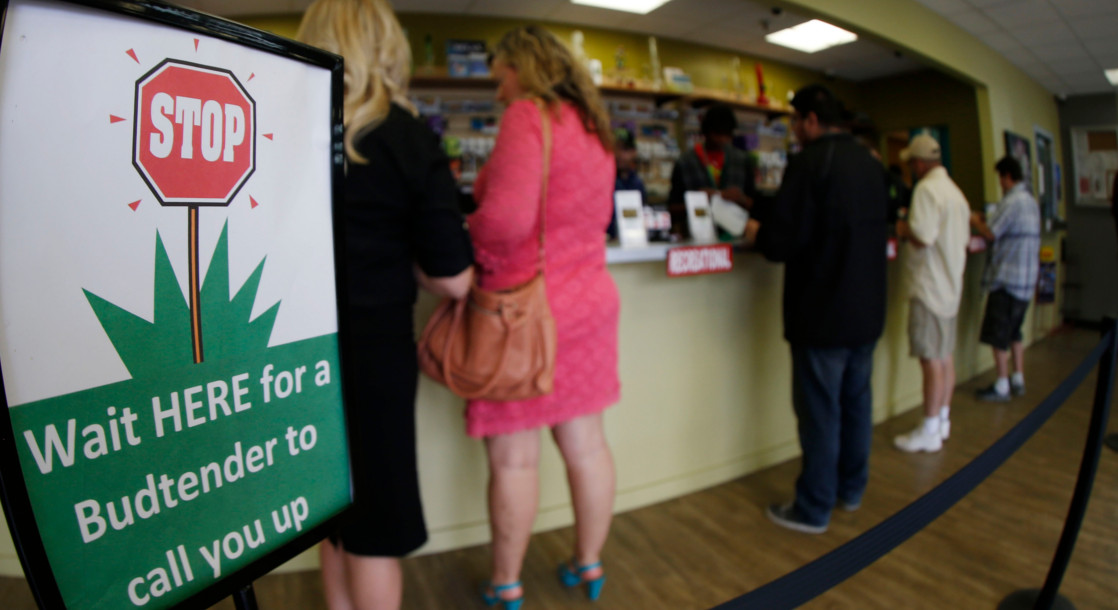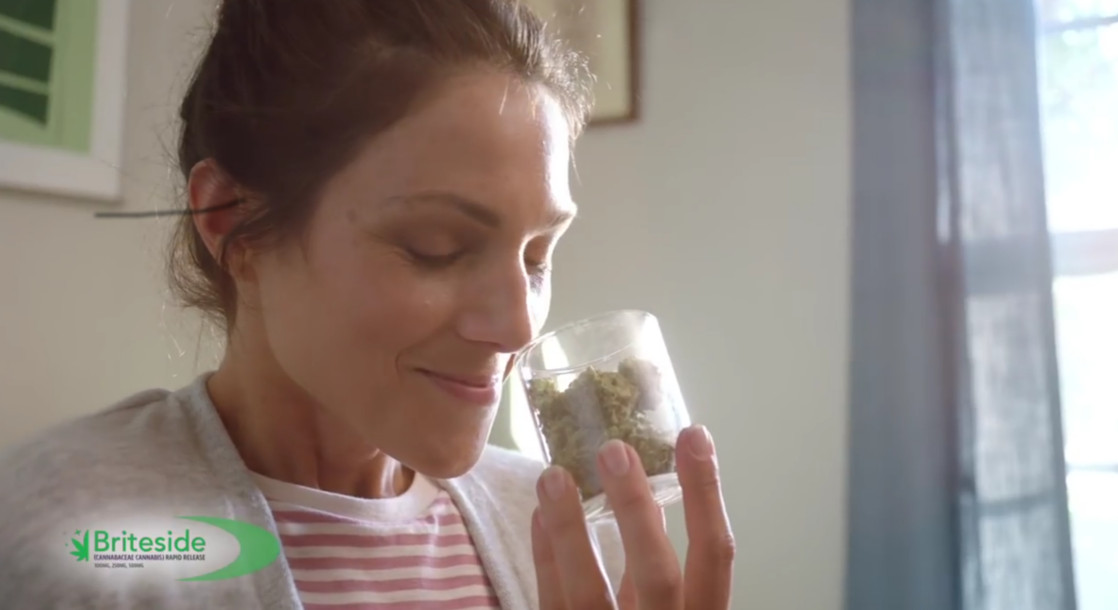Utah voters made state history last month, when organizers submitted a petition with some 150,000 signatures supporting a ballot measure to legalize a comprehensive medical marijuana system. But while local cannabis advocates have considered the election question a huge victory — collecting more than 40,000 additional signatures than necessary — a newly-formed coalition of Beehive State cannabis opponents is now seeking to reverse the successful petition, and its cronies are going door-to-door in order to push Utah residents to officially revoke support for the ballot measure.
First reported by the Salt Lake Tribune, the group of anti-cannabis activists, Drug Safe Utah, is lead by the Utah Medical Association, with assistance from the conservative Utah Eagle Forum, the Sutherland Institute, and the Drug Enforcement Administration's Salt Lake City Metro Narcotics Task Force.
In an attempt to nullify the already-approved medical marijuana ballot initiative, Drug Safe Utah has hired a team of canvassers to find petition signers and tell them that the election question was misleading, while encouraging them to sign a new document rescinding their official support.
To put a question on Utah's ballot, petitioners must collect at least 113,143 signatures and support in at least 26 of the state's 29 counties. This year, cannabis advocates passed the signature threshold by more than 40,000 signatures, and collected the necessary backing in 27 counties. For Drug Safe Utah to successfully cancel the question, the group would need to turn at least two counties before a May 15th deadline — a task that Salt Lake Tribune writer Courtney Tanner called "a long-shot."
But even with a scant chance that the prohibitionist group actually succeeds, Utah medical marijuana advocates are still concerned and upset with both the tactics that Drug Safe Utah is using, as well as who is funding the anti-cannabis campaign.
"We wouldn't be as worried if they weren't using such deceptive tactics," DJ Schanz, director of the Utah Patients Coalition, which advocates for cannabis reform, told the Tribune.
In a one-sheet of Drug Safe Utah talking points first made public by Marijuana Moment writer Kyle Jaeger, the anti-legalization lobbying group pinpoints different methods of approach for voters of different ages, with notes instructing canvassers to tell older Utahns that the bill will essentially legalize recreational cannabis use, while telling younger voters that the bill will basically legalize possession of pot but continue to criminalize consumption of the plant. In fact, both of those lines of thought are themselves deceptive, with Utah's MMJ ballot measure creating a program with strict qualifying conditions, two ounces-per week purchase limits at dispensaries, and a total ban on smokable cannabis.
And other script: This one apparently from @DrugSafeUtah. Invoking language from the Mormon church to get voters to remove signatures… pic.twitter.com/3fcusE8nxZ
— Kyle Jaeger (@kylejaeger) May 4, 2018
Outside of the group's questionable talking points, Schanz and fellow Beehive State cannabis advocates have questioned the DEA's involvement in Drug Safe Utah. As noted by Marijuana Moment, the federal agency's involvement in state cannabis issues flies directly in the face of president Trump's recent medical marijuana concessions, and has already raised eyebrows about a possible conflict-of-interest between state and federal operations.
"While there has been opposition [to legalization initiatives] in other states, the opposition we're seeing here, we think, is unprecedented," Schanz told Marijuana Moment. "It's just kind of bizarre that a federal agency can weigh in like that."
But no matter how unethical or deceptive it is for a federally-funded agency to spend cash in an attempt to challenge the will of Utah voters, Kathleen Clark, an ethics law professor at Washington University in St. Louis, told Marijuana Moment that the local DEA office's support for Drug Free Utah does not break any campaign rules because the MMJ ballot question is not a matter of partisan politics.
A posting on the job site Indeed uncovered by the Salt Lake Tribune illustrated that the Utah Medical Association is hiring canvassers to try and reverse ballot signatures for $25/hour or $200/day, but that post has since been removed. Utah's anti-cannabis advocates have eight days to complete their petition reversal or else medical marijuana will remain on November's ballot, as voters originally intended.
Follow Zach Harris on Twitter











